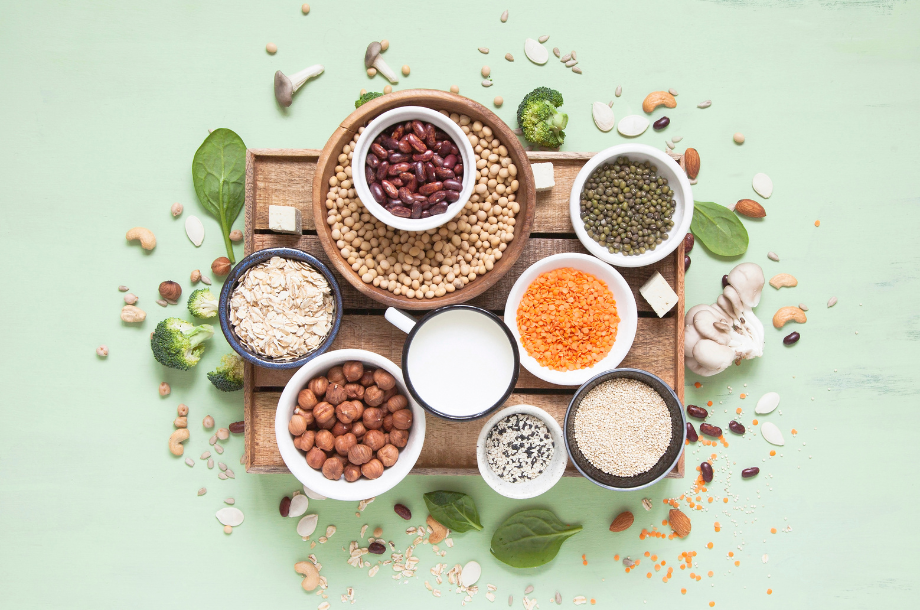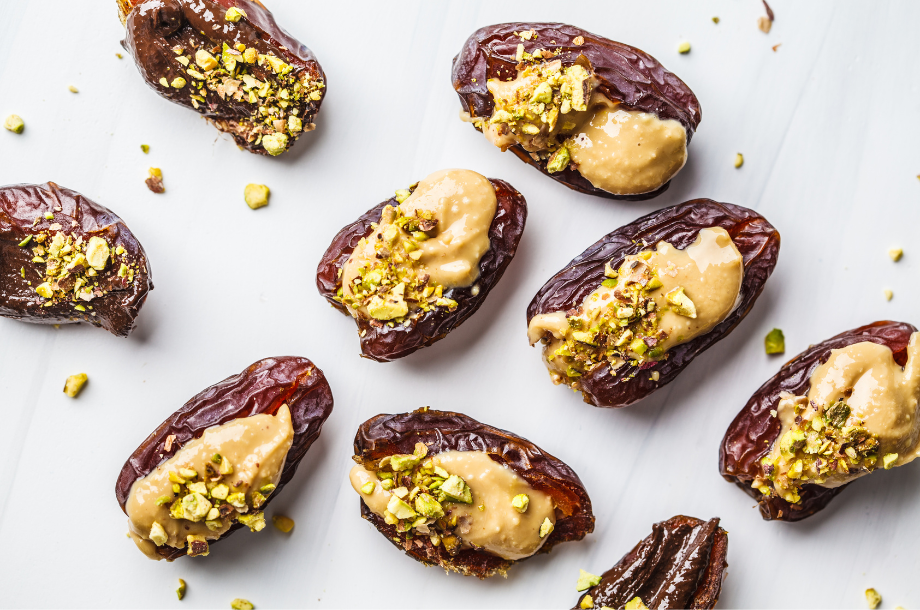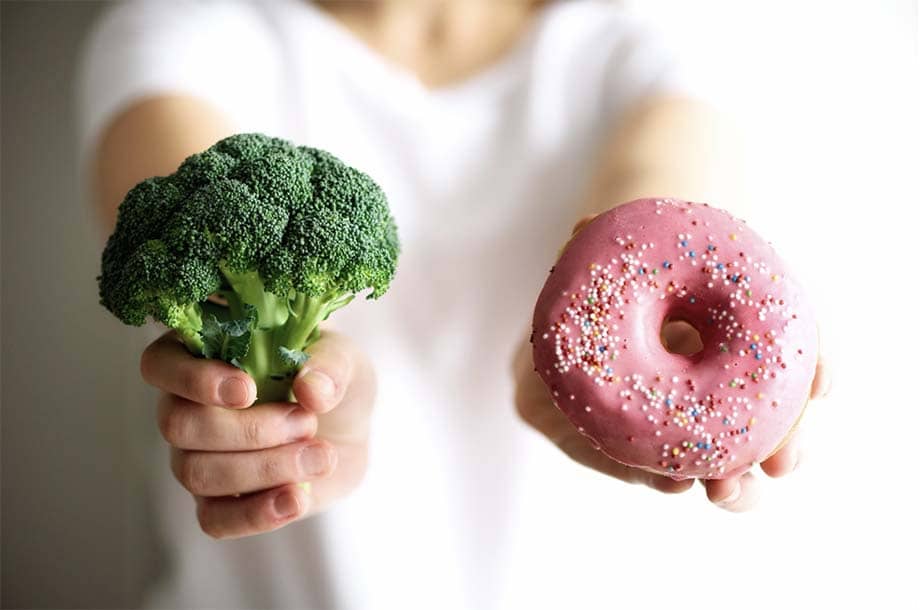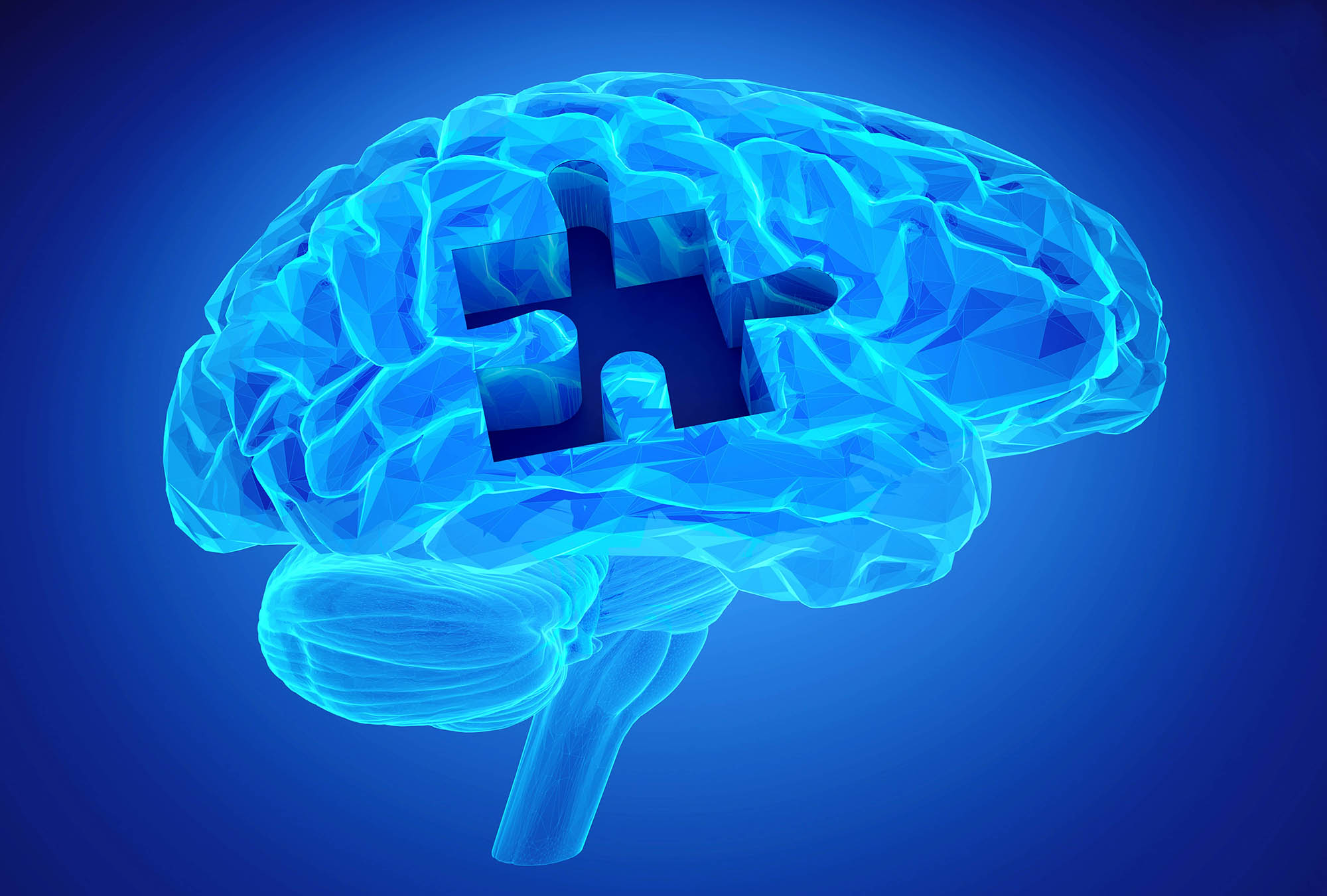BLOG
Knowledge, like food,
is powerful medicine.
Topics
- View Topics
Double the amount of young people under the age of 55 are diagnosed with colorectal cancer compared to a decade ago
Beans contain inulin, a prebiotic food that feeds “good” gut bacteria, and can prevent cardiovascular disease and cancer
Improving the microbial environment after the onset of cancer can stop cancer progression, and may even help to treat it
With chopped carrots, sweet potatoes, onion, celery, and leeks, this is a one pan dish that includes an array of Live Dirty, Eat Clean players. As the vegetables caramelize, the lemon seeps in and seals in the natural juices of the chicken. *SERVES 4 Ingredients 1 free-range roasting chicken (approximately 6 pounds) 1 lemon 1 […]
This is the perfect energizing snack that takes only minutes to make. Just slice open a fresh date, remove the pit, and fill it with almond butter (or any no-sugar-added nut butter). Then sprinkle with raw cacao nibs, shredded coconut, or just au naturel. Ingredients Fresh Medjool dates Nut butter (almond, cashew, peanut, sunflower, or […]
In this study from Washington University, people with pre-clinical Alzheimer’s were found to have higher populations of certain bacteria involved in breaking down the amino acids arginine and ornithine, and lower levels of those involved in protecting neurons. These changes in gut bacteria were present years before people developed cognitive issues like memory loss and […]
It’s all about what you’re feeding your gut microbes! Processed foods that are low in fiber and typical of a Western diet (think packaged chips, cereals, and sugary snacks) are rapidly absorbed in your upper GI tract – providing maximal calories for you, and minimal for your gut bacteria. Less processed high-fiber foods like lentils, […]
40% of postmenopausal women in the U.S. take HRT. While previous studies have explored the association between HRT and reproductive cancers, this is the first study to look at long term HRT and the likelihood of developing GI cancer. The study analyzed medical records of over 11 million women who took HRT for at least […]
The most common side-effects of the weight-loss drug Ozempic are gut related. Here’s what you need to know. Ozempic, also known as Semaglutide, is a synthetic form of a human hormone called glucagon-like peptide one (GLP-1), that’s secreted in our gut and helps our body know when we’re full. The drug causes the stomach to […]
How do you know if you’re constipated? Is it just based on how many times a week you have a bowel movement? There are lots of different criteria for diagnosing constipation. Most are based on the number of stools you’re having—fewer than three per week being the standard textbook definition. But the fact is you […]
Regular laxative use may be a risk factor for dementia, according to a research study published in the journal Neurology. The study involved over half a million people and compared regular laxative users to those who used laxatives infrequently or not at all. Regular laxative users were 51 percent more likely to develop dementia than […]
Previous studies have assessed the relationship between antibiotic use and childhood obesity, but these studies didn’t take into account the possibility that the infections themselves (and not just the medications used to treat them) may also increase childhood obesity risk. This study followed over 61,000 children over a 4-year period and assessed infection frequency and […]


















